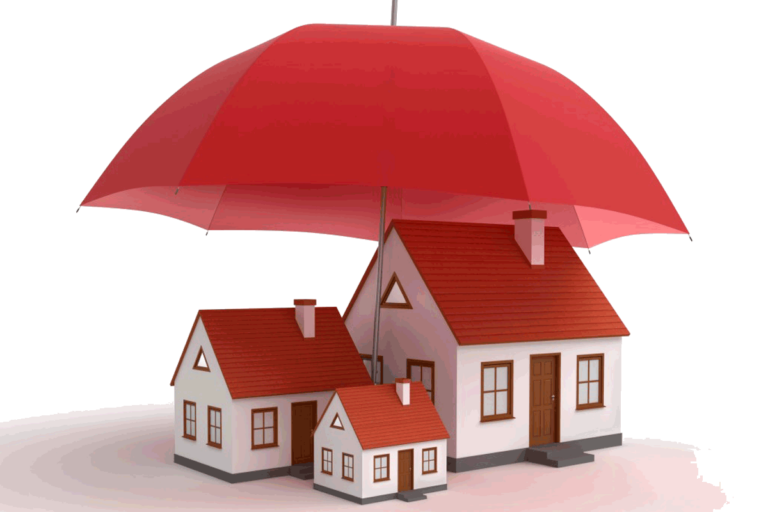Homeowners Insurance

Protect Your Home and Family with Homeowners Insurance
Homeowners insurance in Texas is a type of insurance coverage designed to protect homeowners from financial losses and liabilities associated with damage to their homes and personal property. This insurance also provides coverage for personal liability in case someone is injured on the property or if you accidentally cause damage to someone else’s property. Here are key aspects of homeowners insurance in Texas:
Dwelling Coverage: This part of the policy covers the structure of your home, including the walls, roof, floors, and attached structures (e.g., garage). It provides financial protection in case of damage or destruction caused by covered perils, such as fires, storms, vandalism, or theft.
Personal Property Coverage: Homeowners insurance also covers your personal belongings, such as furniture, appliances, electronics, and clothing, both inside and outside your home. This coverage helps replace or repair items damaged or stolen due to covered events.
Liability Coverage: Liability insurance is an essential component of homeowners insurance. It provides protection if you are found legally responsible for injuries to others or damage to their property while on your premises. It can also cover legal defense costs.
Additional Living Expenses (ALE) Coverage: If your home becomes uninhabitable due to a covered event (e.g., fire), ALE coverage helps pay for temporary living expenses, such as hotel stays or rental accommodations.
Coverage for Other Structures: In addition to your main dwelling, homeowners insurance may cover other structures on your property, such as detached garages, sheds, or fences.
Endorsements and Optional Coverages: Homeowners can often customize their policies by adding endorsements or optional coverages for specific needs, such as flood insurance, earthquake insurance, or coverage for valuable personal items like jewelry or art.
Policy Limits: Your homeowners insurance policy will have coverage limits, which represent the maximum amount the insurance company will pay for various types of losses. It’s important to review and adjust these limits as needed to ensure you have adequate coverage.
Deductibles: You’ll also select a deductible, which is the amount you must pay out of pocket before the insurance coverage kicks in. Higher deductibles typically result in lower premiums.
Replacement Cost vs. Actual Cash Value: Homeowners insurance policies can offer replacement cost coverage (the cost to replace or repair damaged items without depreciation) or actual cash value coverage (the cost to replace or repair items minus depreciation). Replacement cost coverage is generally recommended for more comprehensive protection.
Mortgage Requirement: If you have a mortgage on your home, your lender may require you to maintain homeowners insurance as a condition of the loan.
Homeowners insurance is essential for protecting one of your most significant investments—your home. It provides financial security and peace of mind by helping you recover from unexpected events and liabilities. Homeowners should regularly review their policies, coverage limits, and endorsements to ensure they have appropriate protection for their specific circumstances.
Why Do You Need Homeowners Insurance?
It is really all about protecting yourself financially if something unexpected happens to your home or possessions. That’s important because chances are your home is likely one of your largest investments.
- If your home was destroyed by fire or damaged by a natural disaster, you’d need money to repair or replace it.
- If a guest in your home is injured, liability protection and medical coverage help pay expenses.
- If you are a victim of theft and vandalism, it can reimburse you for your loss or pay for repairs.
- If you are still paying for your home, your lender will require insurance.
It is important to know that homeowners insurance is meant to cover unexpected damage, not routine maintenance. Ask your agent to talk about what is covered and be sure to read your policy so you know exactly what’s included and what is not.
Things To Consider And Questions To Ask Your Agent
Here are few things to discuss with your agent that will influence your decisions.
- How much will it cost to rebuild my house and replace my belongings if they are damaged or destroyed? (Ask your agent to talk you through your home’s features and the things you own so you can make an informed decision about coverage.)
- Does the insurance company have a good reputation for customer service? Is it known for paying claims fairly and promptly?
- What discounts are available? (Ask about multiple policy, security system and fire resistance discounts.)
- What’s the process for filing and settling a claim? (Ask who to call and what happens after you file a claim.)
